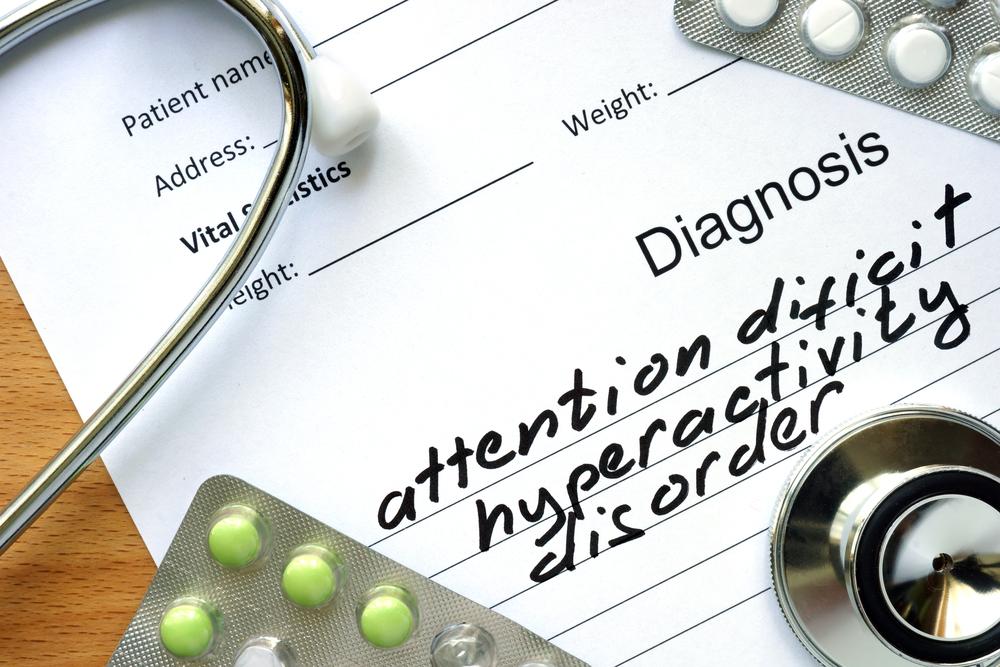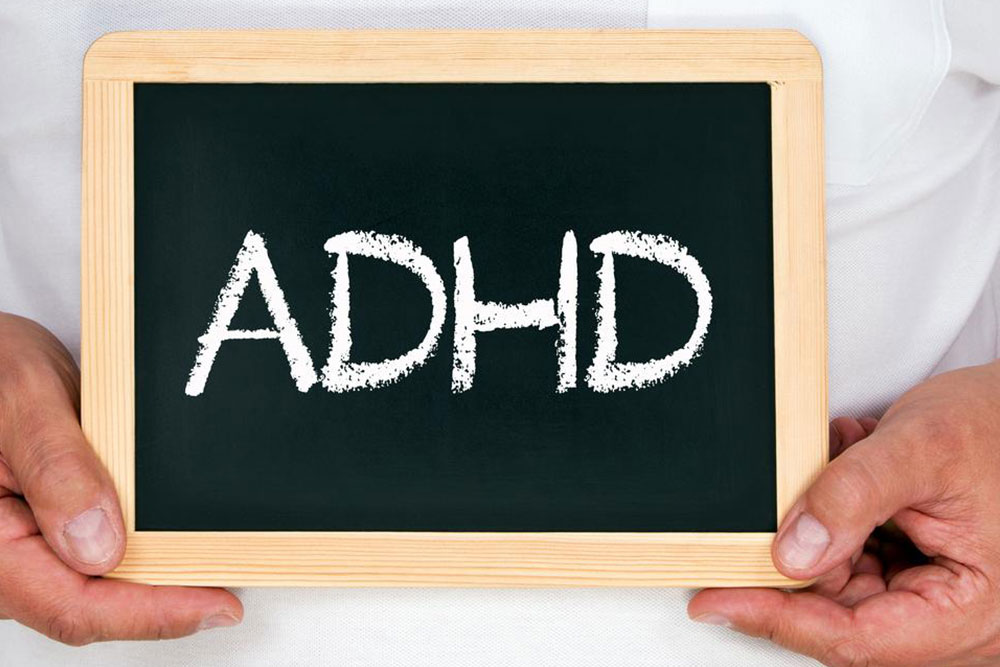Treatment for ADHD
Treating ADHD often requires psychological, behavioral, educational, and medical intervention. Depending on the age of the patient, the treatment options may include:
- Parent training
- Education regarding ADHD
- Educational supports
- Behavioral therapy
- Counselling
- Skills training
- Medication
Treatment for ADHD can help relieve the symptoms and improve the patient’s daily living conditions. The treatment options can be therapy, a medication, or, better yet, a combination of both.

Therapy
Different therapies can be used to treat ADHD in both children and adults. Therapy has been seen as a useful approach in treating other problems associated with the disorder, such as anxiety and conduct disorders. Some therapies used to manage ADHD include:
- Social skill training —A child suffering from ADHD can be engaged in a role play situation to teach them how to socialize with other children and understand how their behavior affects others.
- Behavior therapy —Behavioral therapy entails behavior management, whereby a system of reward is used to encourage a child with ADHD to control their behavior towards situations and other people. Both parents and teachers are integral parts of this therapeutic approach.
- Psychoeducation —This is a form of talk therapy, wherein you and your child are encouraged to talk about ADHD. This approach is meant to get your kid to think about his/her behavior, thoughts, and feelings. By doing this, the kid may be able to replace negative thoughts with more positive and realistic ones.
Medication
For many children and adults, medication is the key to ADHD management. Specialists agree that this is the most effective way for dealing with both childhood and adult ADHD. In fact, it is proven that it works well for around 80 percent of kids who take it, if the dosage is carefully tailored to the type of ADHD.
According to the National Health Service, there are five types of medication licensed for the treatment of ADHD. They include:
- Guanfacine
- Atomoxetine
- Lisdexamfetamine
- Dexamfetamine
- Methylphenidate
These medications may help an ADHD patient feel calmer, be less impulsive, pay better attention, and learn and practice new skills, especially social skills. However, even though medications are widely used as effective ways of dealing with ADHD, some may not be suitable for some people due to factors such as age, allergies, other medical conditions, and types of ADHD. It is therefore highly advisable to seek your doctor’s help when it comes to these medications.
Recovery and ADHD
While there is no cure for Attention Deficit Hyperactivity Disorder, people with the condition can experience considerable mental recovery with appropriate treatment approach(s). For such individuals, recovery can best be understood as an ongoing management of ADHD symptoms. When symptoms are constantly managed and controlled, an ADHD patient can have a meaningful life, and grow towards fulfilling his/her full potential.




